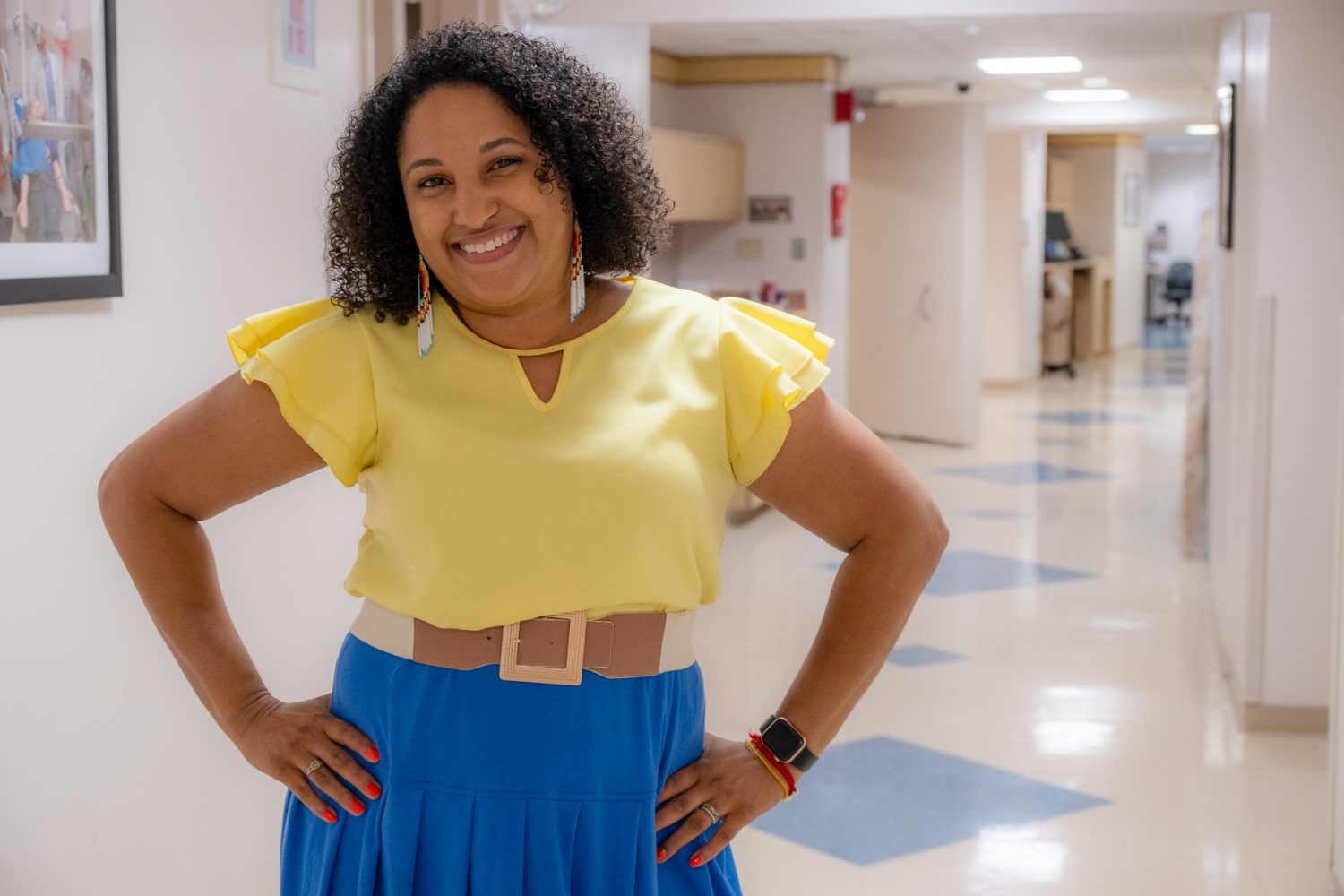With the University of Connecticut now among the growing number of schools across the country shifting to on-line course delivery in response to the coronavirus pandemic, one climate education project is already in a good position for that widespread shift.
UConn is the lead university in Connecticut for a nationwide, virtual teach-in focused on local solutions to climate change scheduled for April 7. For teachers scrambling to move classes online, the April 7 event offers a ready-made lesson plan: assign the webinar as homework, and then “make climate a class”—on-line if needed– after that.
The project, called Solve Climate By 2030, features simultaneous, university-led webinars in almost all 50 states plus Washington DC, Puerto Rico, and five international sites. UConn’s Institue of the Environment is one of six sponsors for the international effort. For the Connecticut webinar, UConn is bringing together Rhodes Scholar and climate activist Wanjiku Gatheru, founder and CEO of Energy Efficiencies Solutions Leticia Colon de Mejias, and Vice President of the Connecticut Green Bank Mackey Dykes.
“The speakers will each talk about solutions that can happen at a local, state, or regional level. Especially those that have a substantive effect in preventing the worst from happening and enhancing the likelihood that we share desirable and sustainable future,” says Michael Willig, executive director of UConn’s Institute of the Environment and Board of Trustees Distinguished Professor of Ecology and Evolutionary Biology.
The webinar is not only relevant for environmental studies teachers, Willig says. The national webinar, and especially the Connecticut contribution, will explicitly consider environmental justice challenges posed by the climate crisis. In general, the presentations will be relevant to subject areas including history, science, business, culture, economics, psychology, religion, government, media, journalism, and the arts.
At a time when virtual instruction will become even more commonplace, organizers are trying to get the word out about the availability of the teaching materials.
“We are trying to engage high school teachers in Connecticut, as well as other colleges and universities. The organizers of the webinar are going to help develop materials to assist the curriculum by focusing on climate-related information that may be used even in non-scientific disciplines,” says Willig.
The Solve Climate project has templates to help teachers from all disciplines guide a one-hour follow-on class. Across the country, middle school, high school, and college teachers are already taking advantage of the opportunity.
The project is being organized by the Center for Environmental Policy at Bard College in New York. According to the Center Director, Eban Goodstein, solving the energy half of climate change by 2030 is looking more, not less, likely, than it was four years ago. The cost of solar, wind, batteries, and electric vehicles have plummeted. In many cases, they are already less expensive then polluting fossil fuels—and getting cheaper every day.
“The impetus behind Solve Climate by 2030 is not to just highlight the existential crisis that is associated with climate change and our continued dependence on fossil fuels,” says Willig. “It will also address the anxiety surrounding the climate crisis and help viewers answer questions about what they can do now, and how their actions will help make a difference.”
To learn more and register for the Connecticut climate solutions webinar, please visit www.solveclimateby2030.org



